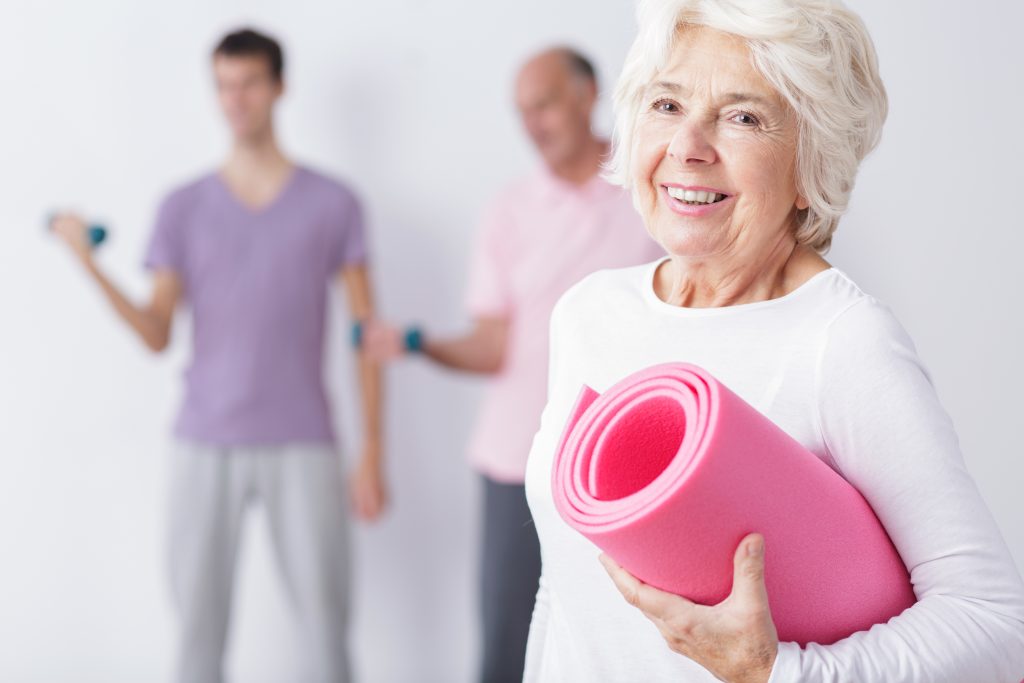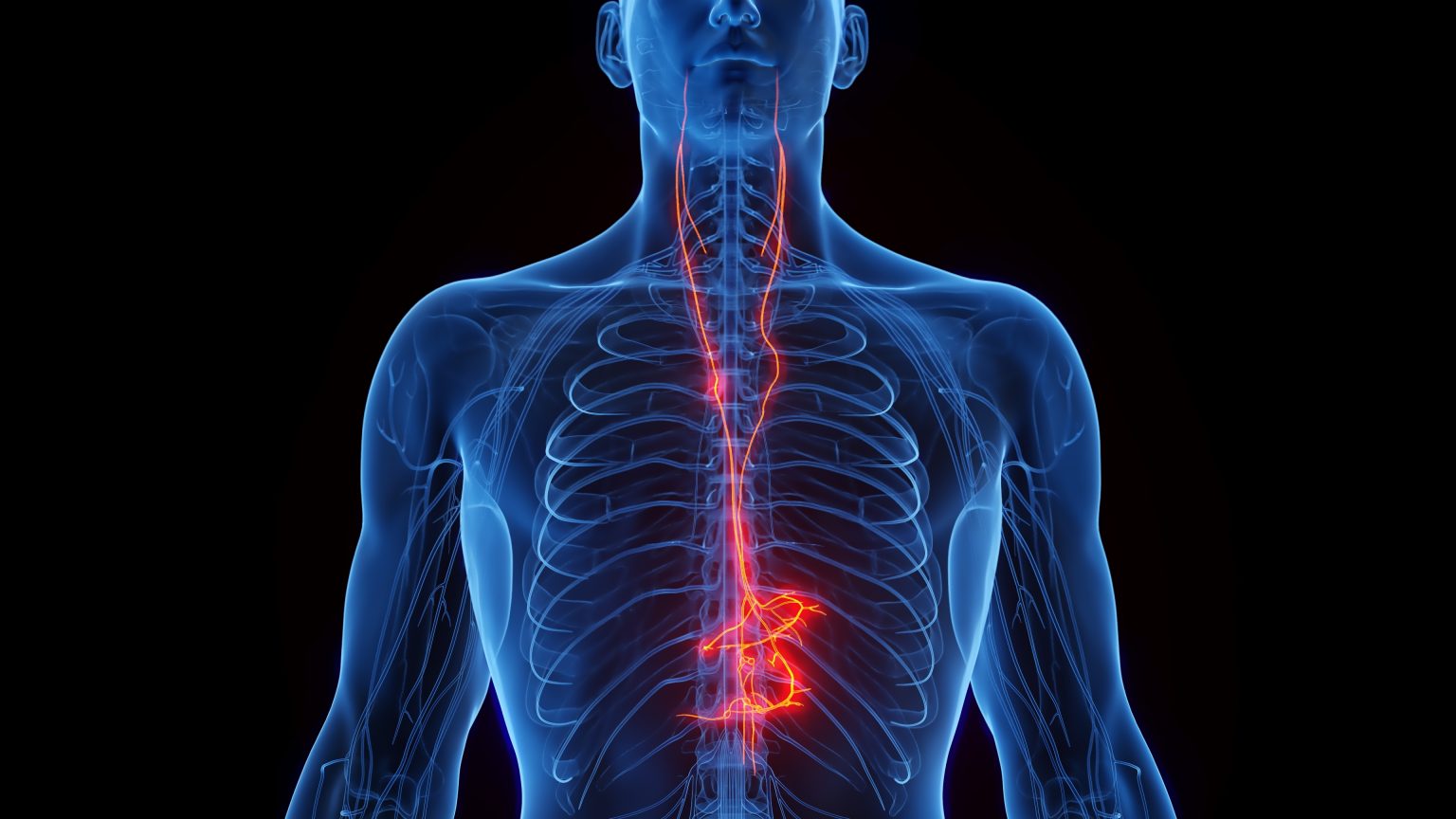At Falcon Health, we encounter many elderly patients coming to us, suffering from a wide variety of issues asking “can chiropractic care or physiotherapy help me?”. The answer is often yes, our treatments can be very beneficial to elderly patients. However, there are many ways in which exercise and lifestyle changes can also benefit older adults. One way is by staying active! So, this blog will discuss the importance of staying active and its benefits to us all, particularly as we age.
Why Older People Should Stay Active
Every older person should be active. There are many health benefits that can be seen as a result. Despite this, many older adults are not very active. Reasons for this can include a lack of knowledge about the benefits of being active, a fear of injury, or arthritis that makes movement difficult.
The Health and Safety Executive (HSE) recommends at least 30 minutes a day of moderate intensity activity on five days a week or 150 minutes over the course of a week. This should be balanced across a variety of different activity types, including: aerobic activity, yoga/tai chi/Pilates, strength training and balance.
What are The Benefits of Keeping Active?
There are countless benefits to staying active for older adults, with lots of research supporting this. Regardless of age or the conditions each individual has, many of the benefits remain the same.
Improve Fitness – Regular moderate exercise can improve an older person’s fitness levels. This can make everyday activities such as carrying groceries or going up and down the stairs much easier.
Maintain Muscle Strength – As we age, it’s common to start losing muscle mass. This can lead to a decline in strength, balance and coordination. Staying active can help to slow down and even reverse this process.
Prevent Falls – One in three adults aged 65 years or over falls each year. For many, this can lead to a loss of confidence and independence. Research has shown that staying active can reduce the risk of falling by up to 30%.
Increase Bone Density – Exercise increases the strength of your bones as they become more adept at carrying weight and undergoing stress. As a result, when a fall does happen, your bones are more likely to withstand the impact, reducing the likelihood of them breaking.
Manage Chronic Conditions – Exercise can play an important role in managing chronic conditions such as diabetes, heart disease and arthritis. It can help to control weight, improve mood and reduce pain.
Prevent Cognitive Decline – As we get older, it’s normal for some cognitive decline to occur. This can include problems with memory, learning and thinking. Staying active can help to reduce the risk of cognitive decline, including dementia.
Boost Mood and Mental Health – Exercise can help to boost mood and mental health in older adults. It can reduce feelings of anxiety and depression, and increase self-esteem and confidence. As a result, people become more independent and confident in themselves.
Prevent Coronary Heart Disease – coronary heart disease is something we all wish to avoid. Exercise can help to reduce the risk of developing this by up to 50% as the heart becomes stronger at pumping blood and oxygen around the body. It also helps to reduce fat and cholesterol, aiding the heart in circulating blood around the body.
Reduce the Risk of Cancer – Regular exercise can help to reduce the risk of developing cancer, including colon, breast and ovarian cancer. This is also particularly prudent for those that smoke or used to smoke. Exercise helps to strengthen the heart and lungs, thus aiding them in pumping oxygen around the body.
Improve Sleep Quality – Many older adults have trouble sleeping. This can lead to fatigue, irritability and a lack of focus. Exercise can help to improve sleep quality by reducing the time it takes to fall asleep and increasing deep sleep.
How Can Chiropractic Help?
Chiropractic can help improve the function of your nervous system, which can in turn help to improve your overall health and wellbeing. Chiropractors use a variety of different techniques to help reduce pain, increase mobility and improve quality of life.
One of the main benefits of chiropractic is that it can help to reduce pain. This can be particularly beneficial for those suffering from conditions such as arthritis or fibromyalgia. Chiropractic can also help to improve range of motion and flexibility, making it easier to stay active
Another benefit of chiropractic care is that it can help to boost mood and mental health. This is because it can help to reduce stress and anxiety levels. When you’re feeling good mentally, you’re more likely to make healthier choices and stick to an exercise routine
Chiropractic can also help to reduce the risk of falls by improving balance and coordination. This is particularly important for older adults as they are at a greater risk of falling and sustaining an injury. Chiropractic care can also help to improve bone density, making bones stronger and less likely to break if a fall does occur.
So, when asking the question, can chiropractic care help? The answer, simply, is Yes.
How Can Physiotherapy Help Elderly Patients?
As we age, our bones and muscles can weaken, making us more susceptible to pain and injuries. Physiotherapy can help elderly patients by strengthening their muscles and improving their range of motion. This can help reduce the risk of falls, and make everyday activities such as getting out of bed or walking easier.
A key part of physiotherapy is also the prescription of exercises. These can be tailored to the individual, and can help improve strength, balance and coordination. This is incredibly beneficial to elderly patients as it can help them stay independent for longer.
Physiotherapy can also help to relieve pain from conditions such as arthritis. By helping to reduce inflammation and increase range of motion, physiotherapy can make a big difference to the quality of life for elderly patients.
Contact Us
To sum up, staying active is important for older adults as it can help to improve the quality of life as it combats a variety of conditions and diseases. Whilst the activity does not need to be intense, considering how activity can benefit you or a loved one is very important!
As always, we encounter people asking “can chiropractic care and physiotherapy help elderly patients?”. The answer is yes, however a key part of both practices is exercise. So, as part of our therapies we will always prescribe exercises that will benefit our patients. So, why not get ahead of the game and begin exercising now to reduce your reliance on us.
At Falcon Health, we can provide chiropractic and physiotherapy treatment to help elderly patients suffering from many conditions and illnesses. To learn more about our services, explore our website or contact us on 01444 257 555 or info@falcon-health.com. Our friendly team will talk you through booking our treatments and discuss “can chiropractic care or physiotherapy help me?”.
Article: Phoenix Marketing






